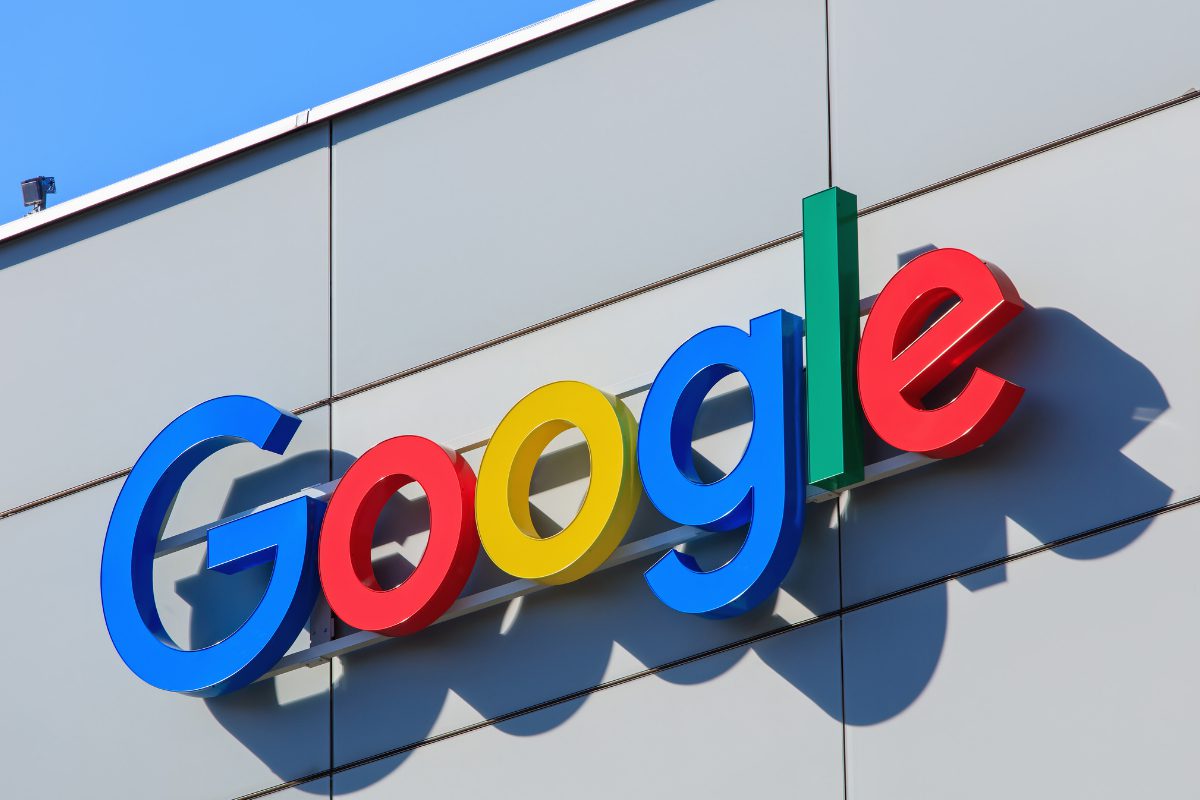Despite facing criticism over its Gemini AI for image generation, Google is undeterred in its mission to integrate artificial intelligence across its suite of services.
At the Mobile World Congress (MWC) in Barcelona, a key event for mobile technology where Google has historically had a significant presence, the tech titan unveiled a slew of AI-driven features designed to enhance user experience on smartphones, automotive systems, and wearable devices.
These features span from AI-assisted messaging and image captioning to summarizing texts in Android Auto and providing seamless access to various passes on Wear OS.
In a notable announcement, Google revealed that users of Google Messages would soon be able to utilize Gemini directly within the app to craft messages, a feature currently in beta and available in English.
Additionally, Android Auto users will receive AI-powered summaries of lengthy text messages and context for group chats, along with smart reply suggestions, a functionality that was previewed last month.
Google is also introducing several accessibility enhancements at MWC. The Lookout app, designed to aid visually impaired individuals by identifying food labels and documents, will now offer AI-generated captions for images lacking accurate descriptions.
This global rollout supports English and builds upon last year’s update that integrated an AI assistant for querying about images.
Furthermore, Google is improving interaction with its Lens feature in Maps through enhanced screen reader support, enabling users to receive spoken information about their surroundings.
For those who prefer handwriting, Google Docs on Android now accommodates handwritten notes, allowing users to use their finger or stylus for more personalized documentation.
The integration with Spotify directly from the Android home screen represents a step forward in media consumption, allowing seamless playback transition between devices, a feature previously exclusive to YouTube Music.
In the realm of fitness, Google’s update to the Fitbit app incorporates data from diverse sources such as AllTrails, Oura Ring, and MyFitnessPal, complemented by a redesigned interface that presents a holistic view of the user’s health and activity data.
Wear OS is not left behind, with updates that include direct access to Google Wallet passes for a variety of uses, enhanced navigational features, and the convenience of voice-operated transit directions, enriching the wearable experience with practicality and innovation.
Opinion:
Google’s relentless push into AI across its Android ecosystem underscores a broader industry trend towards creating more intelligent, personalized, and accessible technology.
While criticisms of AI implementations like Gemini highlight the challenges of ethical AI development, Google’s continued innovation signals a commitment to harnessing AI’s potential to improve everyday technologies.
As these features become more integrated into our daily lives, it raises important questions about the balance between technological convenience and the need for transparency and control over AI-generated content.
What does Google’s AI-driven future mean for the balance between innovation and user autonomy?
News Source: TechCrunch.









